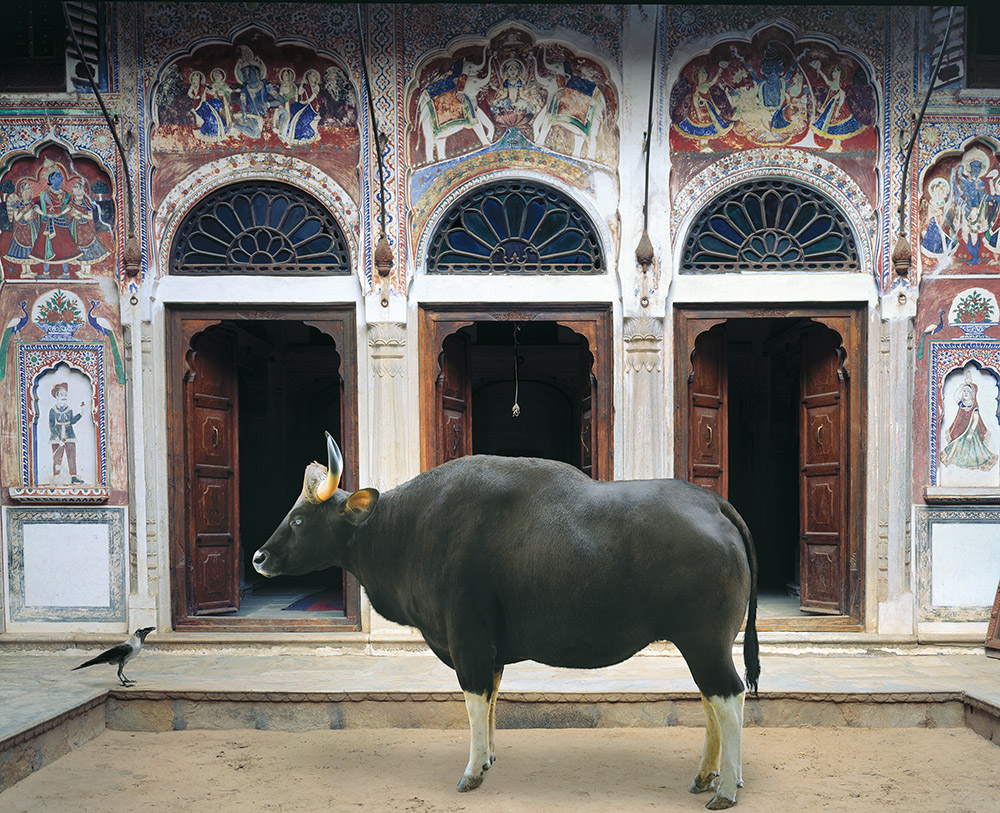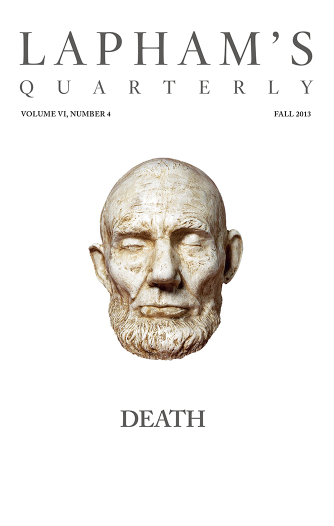Good men must not obey the laws too well.
—Ralph Waldo Emerson, 1844Enmity of the State
Emma Goldman defines anarchy.
Anarchism urges man to think, to investigate, to analyze every proposition; but that the brain capacity of the average reader be not taxed too much, I also shall begin with a definition and then elaborate on the latter.
Anarchism: The philosophy of a new social order based on liberty unrestricted by man-made law; the theory that all forms of government rest on violence, and are therefore wrong and harmful as well as unnecessary.
The keynote of government is injustice. With the arrogance and self-sufficiency of the king who could do no wrong, governments ordain, judge, condemn, and punish the most insignificant offenses, while maintaining themselves by the greatest of all offenses, the annihilation of individual liberty.
Even a flock of sheep would resist the chicanery of the state if it were not for the corruptive, tyrannical, and oppressive methods it employs to serve its purposes. The state is the altar of political freedom, and like the religious altar, it is maintained for the purpose of human sacrifice.
In fact, there is hardly a modern thinker who does not agree that government, organized authority, or the state is necessary only to maintain or protect property and monopoly. It has proven efficient in that function only.
Unfortunately, there are still a number of people who continue in the fatal belief that government rests on natural laws, that it maintains social order and harmony, that it diminishes crime, and that it prevents the lazy man from fleecing his fellows. I shall therefore examine these contentions.
A natural law is that factor in man which asserts itself freely and spontaneously without any external force, in harmony with the requirements of nature. For instance, the demand for nutrition, for sex gratification, for light, air, and exercise, is a natural law. But its expression needs not the machinery of government, needs not the club, the gun, the handcuff, or the prison. To obey such laws, if we may call it obedience, requires only spontaneity and free opportunity. That governments do not maintain themselves through such harmonious factors is proven by the terrible array of violence, force, and coercion all governments use in order to live. Thus Blackstone is right when he says, “Human laws are invalid because they are contrary to the laws of nature.”
Unless it be the order of Warsaw after the slaughter of thousands of people, it is difficult to ascribe to governments any capacity for order or social harmony. Order derived through submission and maintained by terror is not much of a safe guaranty; yet that is the only “order” that governments have ever maintained. True social harmony grows naturally out of solidarity of interests. In a society where those who always work never have anything, while those who never work enjoy everything, solidarity of interests is nonexistent; hence social harmony is but a myth. The only way organized authority meets this grave situation is by extending still greater privileges to those who have already monopolized the earth, and by still further enslaving the disinherited masses. Thus the entire arsenal of government—laws, police, soldiers, the courts, legislatures, prisons—is strenuously engaged in “harmonizing” the most antagonistic elements in society.
The most absurd apology for authority and law is that they serve to diminish crime. Aside from the fact that the state is itself the greatest criminal, breaking every written and natural law, stealing in the form of taxes, killing in the form of war and capital punishment, it has come to an absolute standstill in coping with crime. It has failed utterly to destroy or even minimize the horrible scourge of its own creation.

The Law of Dharma, by Karen Knorr, 2008–15. Print on Hahnemühle FineArt Pearl paper. © Karen Knorr, courtesy of the artist.
Crime is naught but misdirected energy. So long as every institution of today, economic, political, social, and moral, conspires to misdirect human energy into wrong channels, so long as most people are out of place doing the things they hate to do, living a life they loathe to live, crime will be inevitable, and all the laws on the statutes can only increase, but never do away with, crime. What does society, as it exists today, know of the process of despair, the poverty, the horrors, the fearful struggle the human soul must pass on its way to crime and degradation?
The deterrent influence of law on the lazy man is too absurd to merit consideration. If society were only relieved of the waste and expense of keeping a lazy class, and the equally great expense of the paraphernalia of protection this lazy class requires, the social tables would contain an abundance for all, including even the occasional lazy individual. Besides, it is well to consider that laziness results either from special privileges or physical and mental abnormalities. Our present insane system of production fosters both, and the most astounding phenomenon is that people should want to work at all now. Anarchism aims to strip labor of its deadening, dulling aspect, of its gloom and compulsion. It aims to make work an instrument of joy, of strength, of color, of real harmony, so that the poorest sort of a man should find in work both recreation and hope.
To achieve such an arrangement of life, government, with its unjust, arbitrary, repressive measures, must be done away with. At best it has but imposed one single mode of life on all, without regard to individual and social variations and needs. In destroying government and statutory laws, anarchism proposes to rescue the self-respect and independence of the individual from all restraint and invasion by authority. Only in freedom can man grow to his full stature. Only in freedom will he learn to think and move, and give the very best in him. Only in freedom will he realize the true force of the social bonds which knit men together, and which are the true foundation of a normal social life.

Emma Goldman
From “Anarchism: What It Really Stands For.” Called by a teacher in her birth country of Lithuania “a terrible child who would grow into a worse woman,” Goldman moved to New York City at twenty and worked in clothing factories. In 1906 she founded the anarchist monthly Mother Earth, which she edited until 1917, when she was arrested for inciting draft avoidance during World War I. Deported in 1919, Goldman was active in the Russian Revolution until becoming disillusioned with the Bolshevik regime. She died in Canada in 1940.
